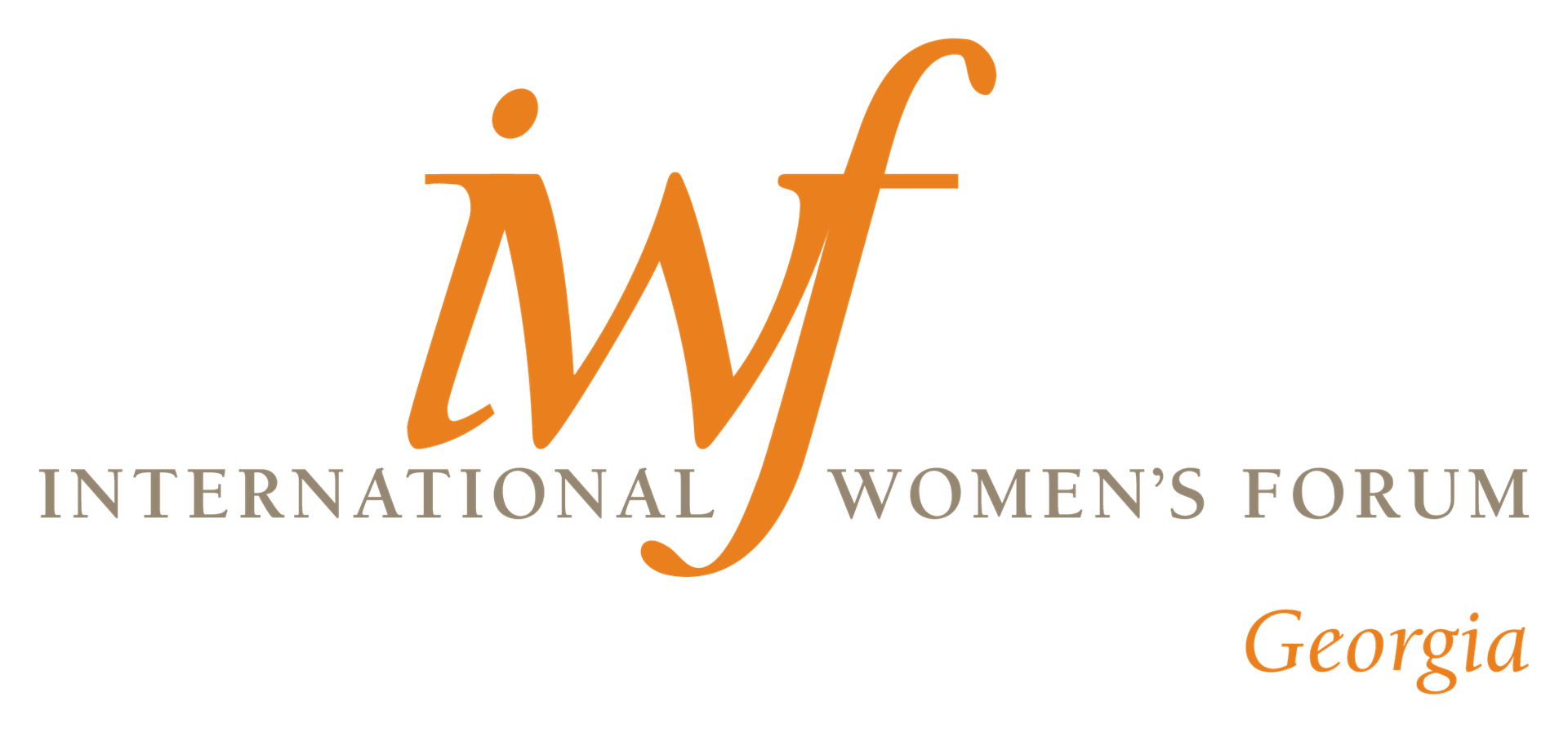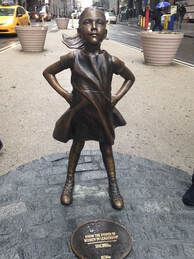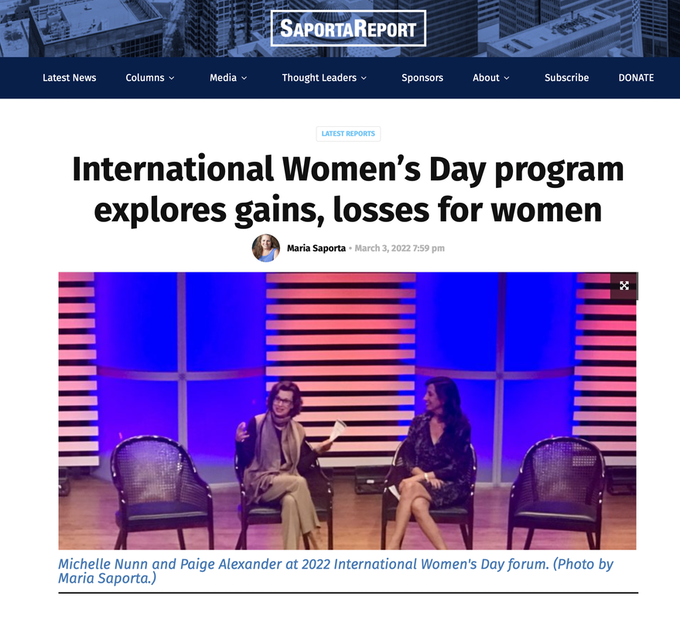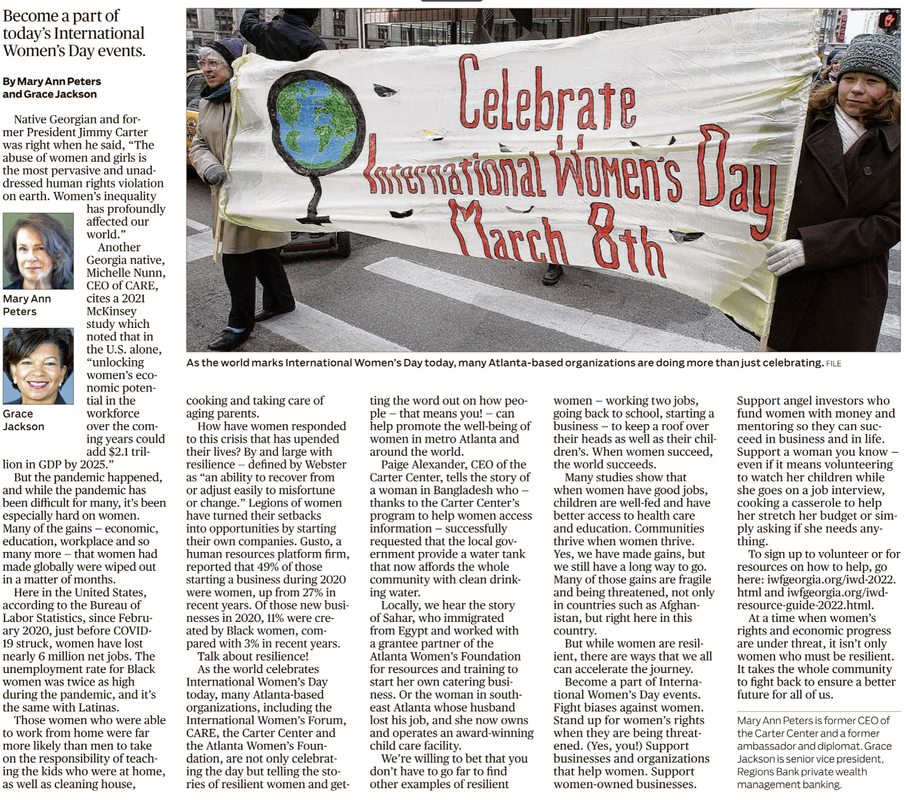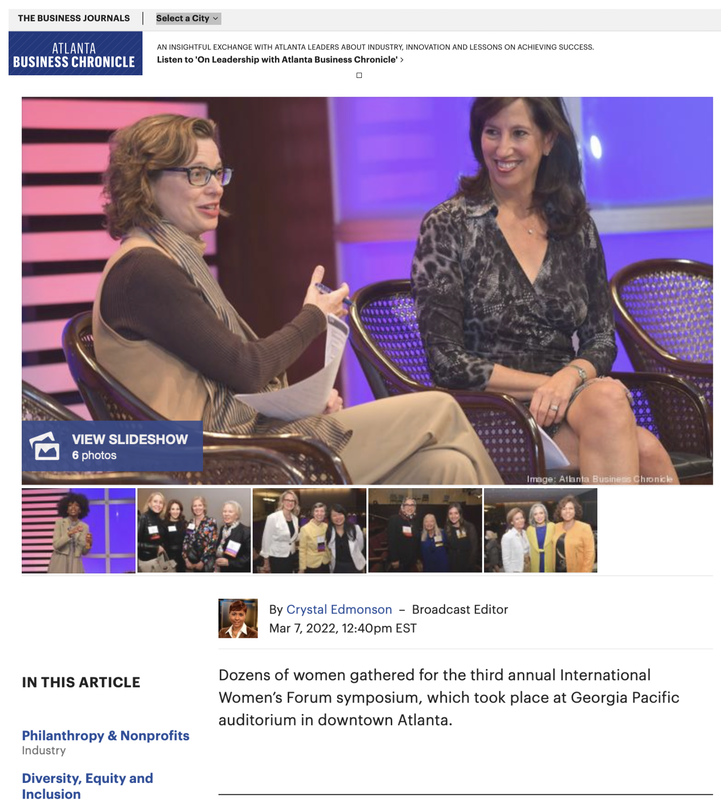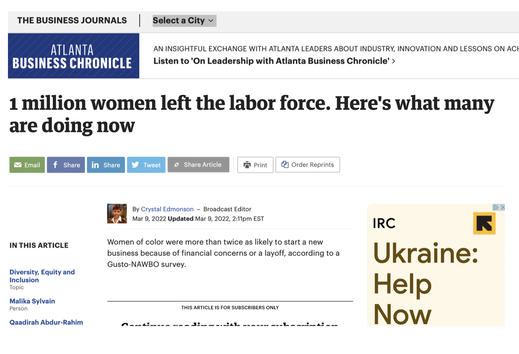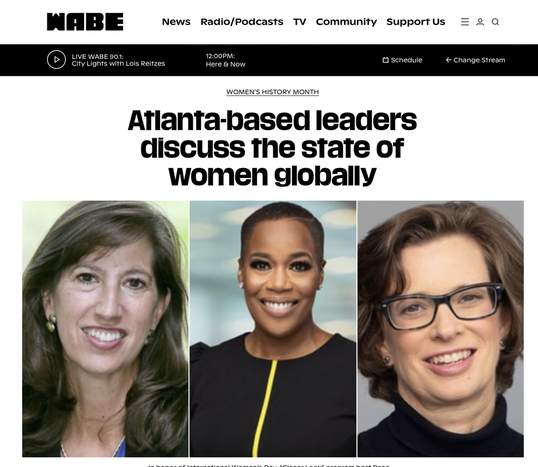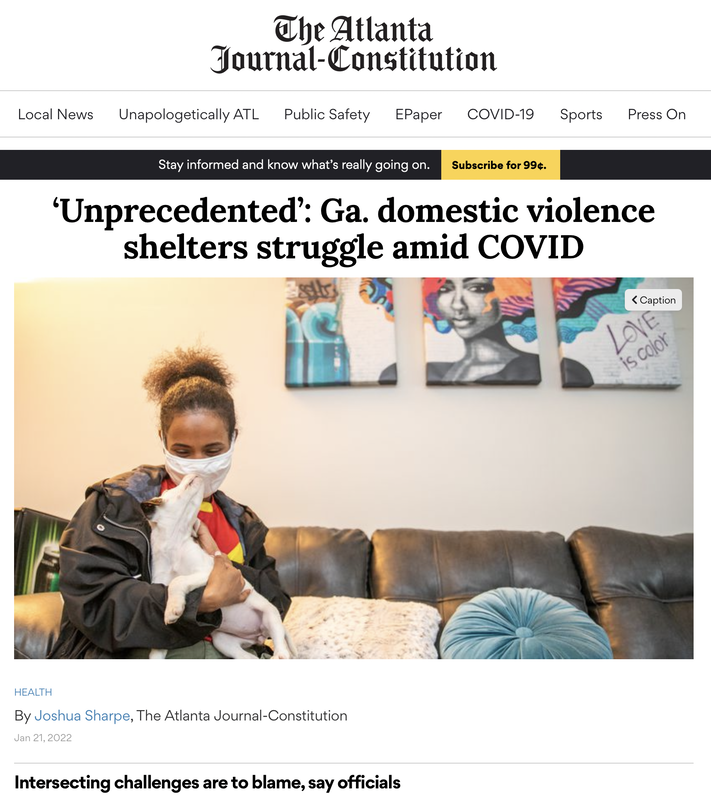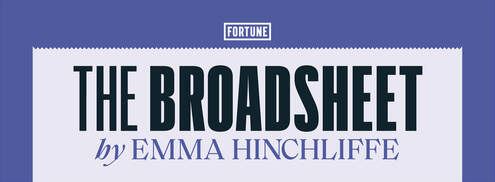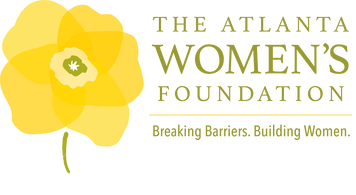IWD 2022Resources |
Recommended Resources for IWD 2022: CARE USA: CARE works around the globe to save lives, defeat poverty, and achieve social justice. We seek a world of hope, inclusion, and social justice, where poverty has been overcome and all people live with dignity and security. We put women and girls in the center because we know that we cannot overcome poverty until all people have equal rights and opportunities. https://www.care.org
The Carter Center: The Carter Center is guided by the principles of our Founders, Jimmy and Rosalynn Carter. Founded, in partnership with Emory University, on a fundamental commitment to human rights and the alleviation of human suffering, the Center seeks to prevent and resolve conflicts, enhance freedom and democracy, and improve health https://www.cartercenter.org
USAID: On behalf of the American people, we promote and demonstrate democratic values abroad, and advance a free, peaceful, and prosperous world. In support of America's foreign policy, the U.S. Agency for International Developmentleads the U.S. Government's international development and disaster assistance through partnerships and investments that save lives, reduce poverty, strengthen democratic governance, and help people emerge from humanitarian crises and progress beyond assistance. https://www.usaid.gov
Georgia Asylum and Immigration Network (GAIN): In response to a critical lack of representation for asylum-seekers within one of the toughest immigration courts in the nation, GAIN was founded in 2005 as the Atlanta Asylum Bar Project. Our project’s scope was to provide quality pro bono representation to asylum-seekers seeking refuge in the U.S. After achieving 501(c)(3) status in 2009, GAIN expanded our legal programming in 2010 to include immigrant survivors of human trafficking, domestic violence, sexual assault, and other crimes through our Victims of Violence program. Through these two flagship programs, we continue to impact access to justice for vulnerable immigrants and fight for our vision of safety, freedom, and opportunity for all. Since inception, GAIN has helped over 5,000 people and provided over $15 million in pro bono legal services. https://georgiaasylum.org
New American Pathwaths: New American Pathways is an Atlanta based nonprofit with the mission of Helping Refugees and Georgia Thrive. Our vision is for new Americans in metro Atlanta to become successful, contributing, and welcomed members of Georgia’s communities. We fulfill our goals by offering the most comprehensive, fully integrated continuum of services targeted to meet the specific needs of refugees and other immigrants in Georgia. https://newamericanpathways.org
Afghan American Alliance of Georgia: The Afghan American Alliance of Georgia is a newly created non-profit organization that supports Afghan refugees as they begin their new lives in the United States. We work in partnership with resettlement agencies to welcome Afghans joining our community, orient them to life in the United States, and help them establish long-term self-sufficiency. While the impetus for our formation was to serve our allies from the United States' mission in Afghanistan, we gladly serve all Afghan refugee families. https://www.afghanamericanallianceofga.org
Access to Capital for Entrepreneurs (ACE): ACE is a Georgia 501(c)(3) nonprofit and community development financial institution (CDFI) that provides capital, coaching, and connections to help borrowers create and grow sustainable businesses that generate jobs. We have provided more than $135 million in loans and business advisory services to support 2,000+ small business owners and helped create or save 14,000+ jobs for Georgians. https://aceloans.org
IBEX IT Business Experts: IBEX is a proven reliable, responsive contractor with exceptional internal subject matter experts and an extensive network of qualified partners and consultants. Our focus is on supporting and promoting world-renowned, industry-recognized frameworks and standards. In doing so, we help our clients develop world-class, business-centric services and business change environments. IBEX is an 8(a) and Women-Owned Small Business (WOSB), certified through the Small Business Administration (SBA) and the Women’s Business Enterprise National Council (WBENC) respectively. https://ibexexperts.com
Shared Demands: We are a family-owned business with the distinctive characteristic of paying attention to details and the organizing and personal goals of our clients. We value the time, health and energy of our clients, as these are precious commodities to each person we service. We specialize in making even the most complex organizing project, stress-free, simple and more effortless for our clients. https://www.shareddemands.com Atlanta Women's Foundation: www.atlantawomen.org | QUICK CLICKS: LOCATION:
IWF Members:
Contact information: |
With special thanks to Georgia-Pacific's AV team, we are able to share this video of the full IWD 2022 program with you: |
| The "Fearless Girl" statue was installed on March 7, 2017—the day before International Women's Day by State Street Global Advisors. It depicts a girl four feet high, promoting female empowerment, and it is located at Broad Street across from the New York Stock Exchange Building in the Financial District of Manhattan in New York City. |
Click here to view the article by Maria Saporta in the Saporta Report. |
Then, she turned her attention to other people’s houses, and soon realized she was onto something—a new business. She launched Shared Demands, LLC, a personal organization and lifestyle concierge company in December 2020.
“We’re more than a year in, and I’m booked,” said Sylvain who spent much of her career working for nonprofits. That trend is a “silver lining” in what has mostly been a difficult two years for working women, Abdur-Rahim said. More than 1 million women left the labor force between February 2020 and January 2022.
If starting a business during a global pandemic seems counter-intuitive, lending to one would also buck conventional wisdom. The community development financial institution (CDFI) offers “capital, coaching and connections” to business owners who are typically underserved by mainstream lenders.
Fricks calls ACE “counter cyclical.” When traditional banks pull back because of perceived risk, that “creates an opportunity” for ACE. “If I’m going to bet on anyone, I’m going to bet on myself,” said Tracey Grace, president and CEO of IBEX IT Business Experts. She started her IT consulting business on the heels of the Great Recession. Now 10 years old, IBEX IT has 120 full-time employees. Its clients include hospitals, corporations and government agencies. Last year, the Inc. 5000 list named IBEX IT one of the fastest-growing small businesses in America. Grace said during the pandemic, the company focused on training employees and building its back-office infrastructure. She anticipates once the pandemic ends, “the floodgates will open,” and she wants to be ready. “The past two years have been especially hard for women,” Abdur-Rahim said. Women of color had some of the highest rates of job loss during the height of the coronavirus spread. But women are “digging in and creating new opportunities,” said Abdur-Rahim who ran the nonprofit Future Foundation before joining Atlanta Mayor Andre Dickens’ administration. The increase in women-led startups has given women “more control of their work schedule” and financial well-being, Abdur-Rahim said. Malika Sylvain’s Shared Demands, LLC organizing business tripled during the pandemic. After just 15 months in business, Sylvain sees an opportunity to branch out.
She said, Shared Closet Consignment will be “coming soon.” |
In honor of International Women’s Day, “Closer Look" program host Rose Scott spoke with several Atlanta-based leaders for a roundtable group discussion about several topics. From left to right: with Paige Alexander, the CEO of The Carter Center; Saleemah Abdul-Ghafur, an Atlanta-based global activist and the communications division director and chief of staff in the Office of the CCO at the Bill and Melinda Gates Foundation; and Michelle Nunn, the president and CEO of CARE USA. (Photo courtesy of the guest listed above) Women from across the world are being celebrated in honor of International Women’s Day. According to the International Women’s Day website, the global holiday seeks to shine the light on the social, economic, cultural and political achievements of women.
This year’s theme #BreakTheBias calls for people to actively call out gender bias, discrimination and stereotyping.
On Tuesday’s edition of ‘Closer Look” program host Rose Scott talked with Paige Alexander, the CEO of the Carter Center; Saleemah Abdul-Ghafur, an Atlanta-based global activist and the communications division director and chief of staff in the Office of the CCO at the Bill and Melinda Gates Foundation; and Michelle Nunn, the president and CEO of CARE USA, about several topics, including how women are fairing globally amid the pandemic and how women are responding to the Ukraine crisis. |
AJC Article:
The Women’s Resource Center in DeKalb County took Tsada and her children in. The resource center saved her. “I feel like I have somebody who cares about me,” she said. |
February 7, 2022 |
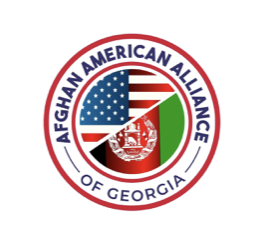 Hello! Hello! You are receiving this email because you have either contributed to or expressed an interest in the Afghan American Alliance of Georgiaand the urgent work that we are doing. Many of you receiving this email are the backbone of our efforts. We have good news to share with all of you.
The AAAGA has been working to provide basic necessities like furniture, clothing, shoes and household items. We help families move into their new homes when possible, and then follow up with a visit to see how we can further help. Our first foray into this work was thanks to Ethaar, who brought us into their fold. We have since partnered with Inspiredu to help families get laptops so they can learn English and apply for jobs. We work with ICNA Relief, who generously provides culturally appropriate food staples for families every month. We were also able to collaborate with the Intensive English Program at Georgia State University to welcome and orient six female students who fled Afghanistan so they can continue their studies. We have been so fortunate to receive support from donors across the state and across religions (the Cooperative Baptist Ministries, Congregation Bet Haverim, the East Cobb Islamic Center, Ismaili CIVIC). We still have a lot of work ahead of us, and we would appreciate you sharing this email within your networks. If you have already donated items, funds or your time, thank you! And if you haven't, please consider supporting our efforts, or that of our partners. Thank you! Hogai Hogai G. Nassery, M.D. CEO, Afghan American Alliance of Georgia hsnassery@gmail.com www.afghanamericanallianceofga.org |
|
Links to support the work of The Atlanta Women's Foundation:
|
